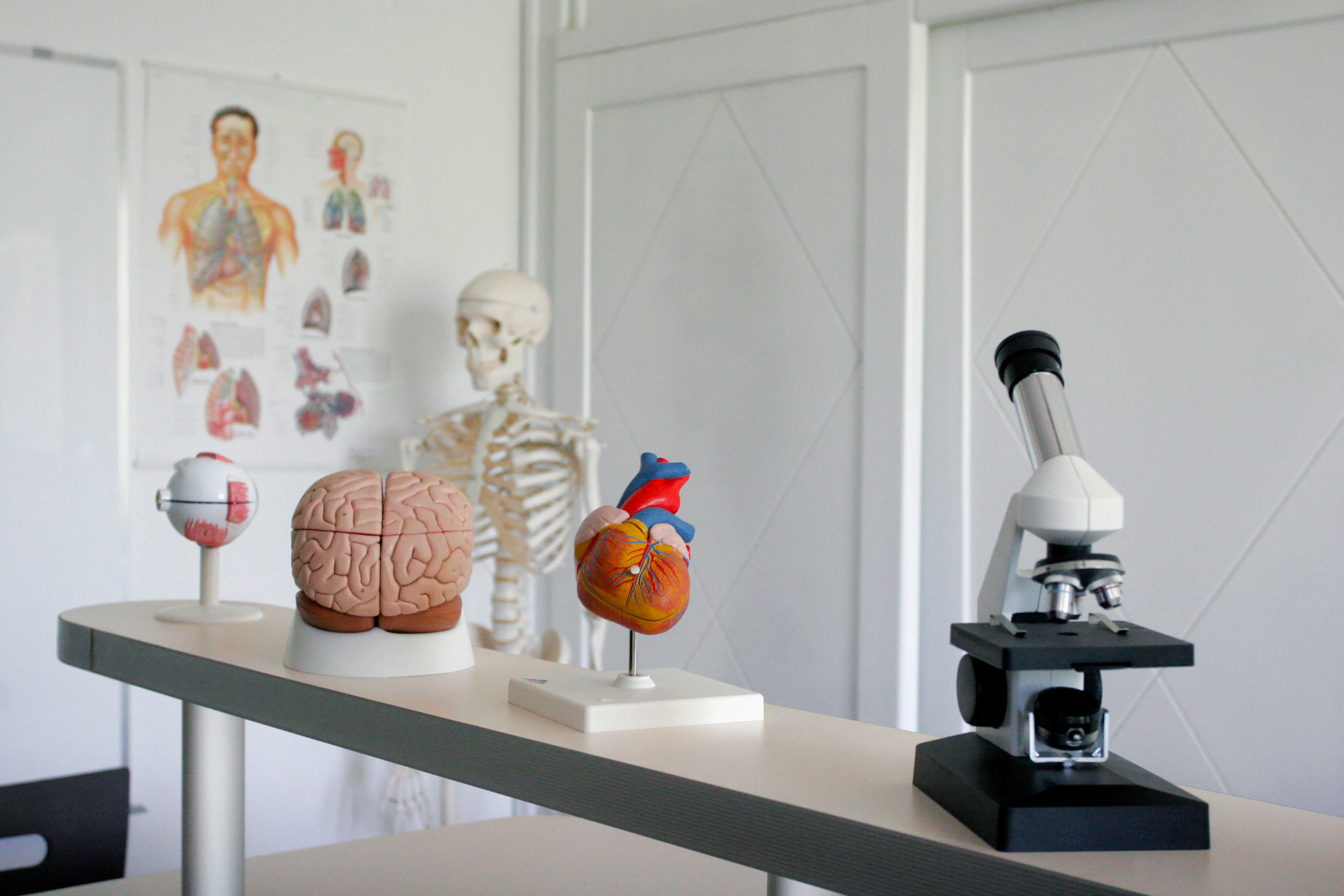Can Biology Class Reduce Racism?
By Amy Harmon,
The New York Times
| 12. 07. 2019
Biology textbooks used in American high schools do not go near the sensitive question of whether genetics can explain why African-Americans are overrepresented as football players and why a disproportionate number of American scientists are white or Asian.
But in a study starting this month, a group of biology teachers from across the country will address it head-on. They are testing the idea that the science classroom may be the best place to provide a buffer against the unfounded genetic rationales for human difference that often become the basis for racial intolerance.
At a recent training in Colorado, the dozen teachers who had volunteered to participate in the experiment acknowledged the challenges of inserting the combustible topic of race and ancestry into straightforward lessons on the 19th-century pea-breeding experiments of Gregor Mendel and the basic function of the strands of DNA coiled in every cell.
The new approach represents a major deviation from the usual school genetics fare, which devotes little time to the extent of genetic differences across human populations, or how traits in every species are shaped by...
Related Articles
By Scott Solomon, The MIT Press Reader | 02.12.2026
Chris Mason is a man in a hurry.
“Sometimes walking from the subway to the lab takes too long, so I’ll start running,” he told me over breakfast at a bistro near his home in Brooklyn on a crisp...
By Katrina Miller, The New York TImes | 02.05.2026
Joseph Yracheta: The Native Biodata Consortium is the first nonprofit data and sample repository within the geographic bounds and legal jurisdiction of an American Indian nation, on the Cheyenne River Sioux Reservation in Eagle Butte, S.D.
NativeBio participated in a ...
By David Jensen, California Stem Cell Report | 02.10.2026
Touchy issues involving accusations that California’s $12 billion gene and stem cell research agency is pushing aside “good science” in favor of new priorities and preferences will be aired again in late March at a public meeting in Sacramento.
The...
By Lauren Hammer Breslow and Vanessa Smith, Bill of Health | 01.28.2026
On Jan. 24, 2026, the New York Times reported that DNA sequences contributed by children and families to support a federal effort to understand adolescent brain development were later co-opted by other researchers and used to publish “race science”...




